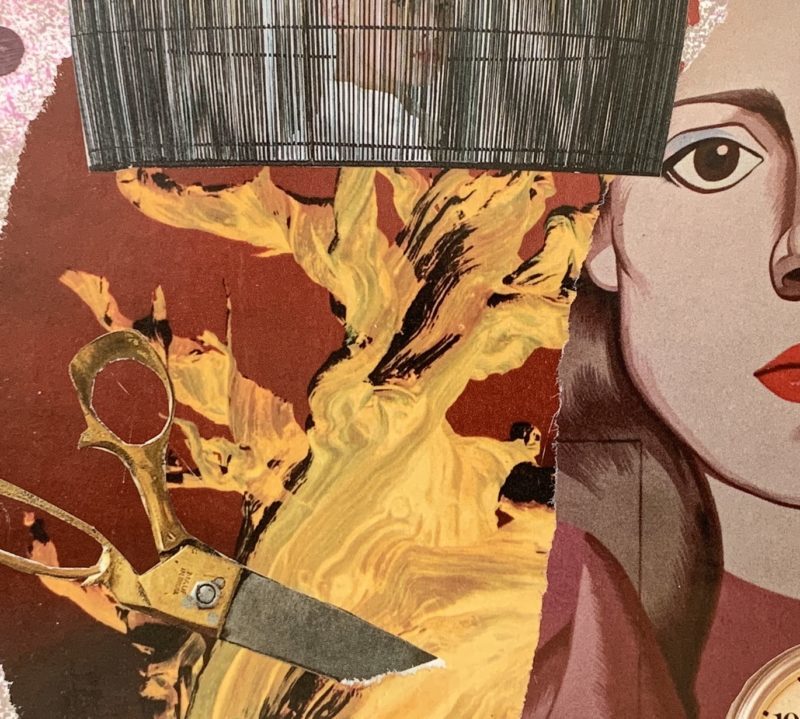Is the playwright adopted?
“Is playwright Steve Yockey adopted?” I typed the words into Google and clicked. And clicked. I didn’t find an answer. For not being about adoption, Steve Yockey’s play “Heavier Than…” raises a lot of questions relevant to the subject.
A classic from a new P.O.V.
I saw Yockey’s play last Sunday at Boston Court, an excellent theater company in Pasadena that focuses on new works.
Yockey’s ingenious play turns the ancient Greek myth about the minotaur upside down. Like in John Gardner’s “Grendel” and Barry Unsworth’s “The Songs of Kings,” ancient heros are booted out of the limelight, and the story is told from an opposite point of view. In the case of “Heavier Than…” it’s Asterius, the monstrous minotaur in the labyrinth, who is finally given his say. Asterius is the love child of a snow-white bull (sent by the god Poseidon to King Minos of Crete) and King Minos’s queen, Pasiphae. The queen kept her boy close until he became unruly and incurred the wrath of his step-father. After Minos consulted the Oracle at Delphi, Asterius was cast into the labyrinth that Minos had built solely for the purpose of confining his wife’s monstrous son.
Is the minotaur really a monster?
But in Steve Yockey’s excellently acted and produced play, “Heavier Than…”the relinquished boy is not a monster at all. True, he’s killed dozens of warriors sent into the labyrinth according to local custom year after year. But now on the eve of his thirtieth birthday, he wants what he has craved all these years–a visit from his mother. He had a dream about her and he thinks the dream portends a visit.
But the Three Fates, who also inhabit the labyrinth as his guardians, insist that the queen, though she loves him very much, will not appear. The best they can do is invoke their special powers which allow them to conjure scenes of life outside the labyrinth for Asterius. These scenes are rendered as if they were movies, and they show him his mother and his half-sister in action. Asterius watches raptly as Pasiphae laments her youthful past to her daughter. She misses her boy, she says. But she had to relinquish him. She had no choice.
Icarus tells the truth
But the Fates don’t control everything, it seems. Asterius’s only friend Icarus, who is able to fly into the labyrinth on his massive homemade wings, tells Asterius what he knows about the queen, and it doesn’t match up with the version the Fates have revealed. When the Fates do show Asterius the truth, he learns that his mother and his half-sister Ariadne have plotted against him in order to save the young warrior Theseus from certain death in the labyrinth. Why? Because Ariadne has fallen in love with him.
Good mother/bad mother
The duality of the good mother/ bad mother is fertile ground for literature, but I’ve rarely experienced it as heartbreakingly as I did in “Heavier Than….” This mother in question has relinquished a child. Because I’ve written a full-length memoir about giving up my own son, I am always sensitive to the question of what really happened. Did I really have to give him up? Did I really? I wonder too, how subsequent children ever completely trust the mother that gave away a sibling. Do they trust me? Really?
I’m a pretty happy person these days. I’ve made my peace with most of my demons. But I think it’s good to ask the questions. Not to be too comfortable with one’s own story. There’s always another point of view.



